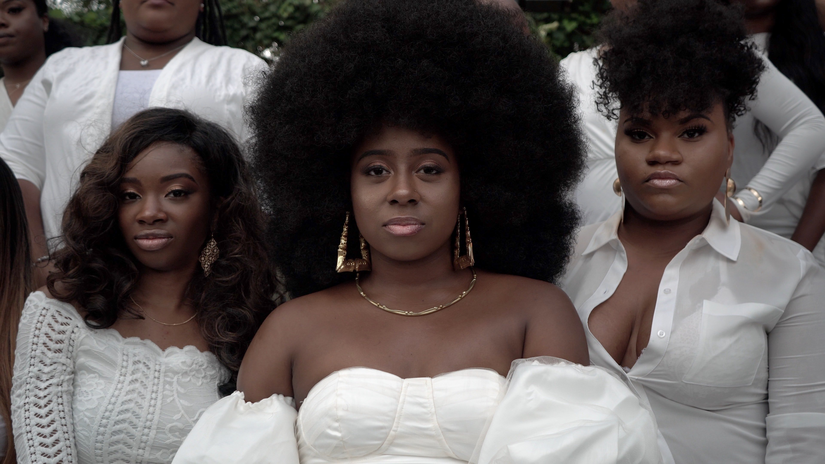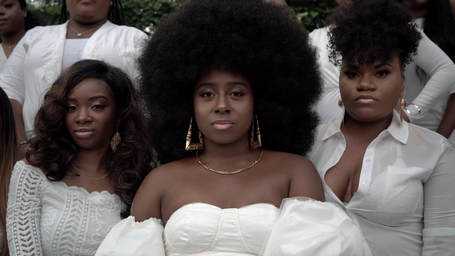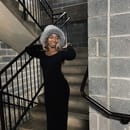A few years ago, I learned of a word that I had never heard before, but had experienced for a great deal of my life: misogynoir. Coined by queer Black femininst Moya Bailey in 2010, it describes the discrimination against Black women based on both race and gender. It didn’t start gaining traction until 2016 when Leslie Jones was, yet again, faced with a barrage of racist and sexist comments after her nude photos and personal information were leaked to her website. In response, Katy Perry took to Twitter, stating:
“Do not give your eyeballs to this racist, hate-filled, misogynoir crime. I #StandWith Leslie”
A term that had originally been swirling around the Twitter and Tumblr community for the past six years experienced a surge of research and became a topic of discussion among the mainstream media.
Though the phrase is relatively new, the actions and ideologies that have contributed to Black women’s oppression have been around for centuries. Society has been assigning negative labels and stereotypes to Black women since the 19th century. Labels like the “Sapphire”, a.k.a the loud and aggressive Black women, and the “Jezebel”, the sexual deviant, are still pervasive to this day.
So what does misogynoir look like? And how does it affect Black women at their workplace, in school, and in their community?
Misogynoir looks like dismissing mental illness within the Black female community because Black women are “just angry” or “always have an attitude”. Misogynoir looks like erasing the work Black women have done for the culture, i.e wigs, baby hairs, bamboo hoop earrings, and claiming that someone else invented it. Misogynoir looks like sexualizing the Black female body at a young age and visualizing it as the antithesis of purity and innocence.
These are just some of the seemingly-endless examples of misogynoir.
Black women are tired–tired of having to fight for their rights and the rights of their community, tired of racism, and tired of sexism. Misogynoir stops when we acknowledge it and find ways to combat it.
Here’s how we can do that:
-
Allow space for Black women’s voices in your community–whether that be in the workplace, at school, or at church.
-
Hold yourself accountable when you uphold misogynoir beliefs.
-
Educate yourself about misogynoir.
-
Speak up and defend Black women when you see injustice–especially if you’re in a privileged position.
-
Use your platform to educate others!
Black women, I love you. Remember that you matter, despite the constant reminders that “you’re not important”. Non-Black POC and White people, please do your best to educate yourself and love the ones you see battling misogynoir. Together, we can uplift Black voices and create a generation that doesn’t have to face this problem.



